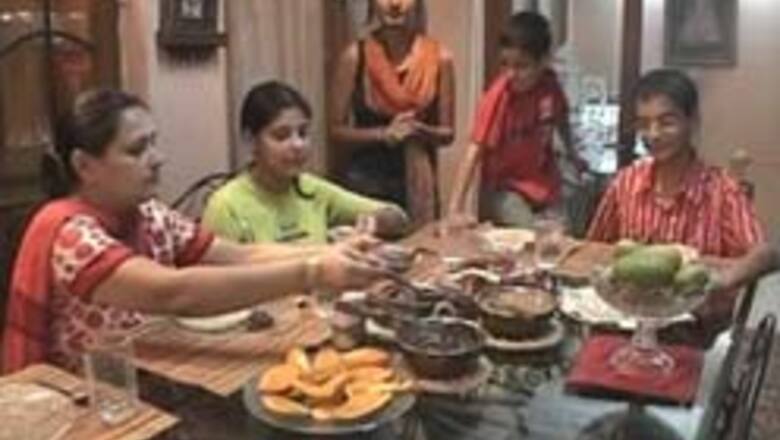
views
New Delhi: As the year 2006 makes exit, curious onlookers assess how much hope did the year leave for the common middle class citizen of the country. The economy grew at a scorching pace, stock and commodity markets touched record highs and foreign investors made a beeline, but it was the 'aam aadmi' (common man) who felt the pinch in 2006 as prices of key food items such as wheat, sugar and pulses rose rapidly.
A host of factors ranging from lower domestic output, shortfall in procurement and volatility in commodity bourses due to futures trading, contributed to the sharp rise in prices of essential commodities this year.
This increase also pushed up the overall inflation to more than five per cent. While sugar prices rose as much as Rs 3-4 per kg, prices of many pulses nearly doubled in the middle of the year.
Similar was the case in edible oils, wheat, spices and other farm products. So much so, that the government had to import wheat for the first time in six years, increase import of pulses, while banning export of other products such as sugar.
Rising prices, especially that of food products, remained a key concern for both regulators as well Finance Minister P Chidambaram and even Prime Minister Manmohan Singh, all of whom themselves admitted this on a number of occasions.
This handed the UPA's political opponents ready-made agenda to take on the government, within the Parliament and outside. The government's handling of farm issues came under intense attack from not just BJP and its allies, but also from economists and agricultural experts.
But, notwithstanding protests over futures trading on grounds that it inflates prices, commodity markets registered a more than five-fold growth in business volumes during 2006 and is estimated to have crossed Rs 33,00,000 crore this year, from just Rs 5,70,000 crore in 2004-05.
With inputs from PTI




















Comments
0 comment